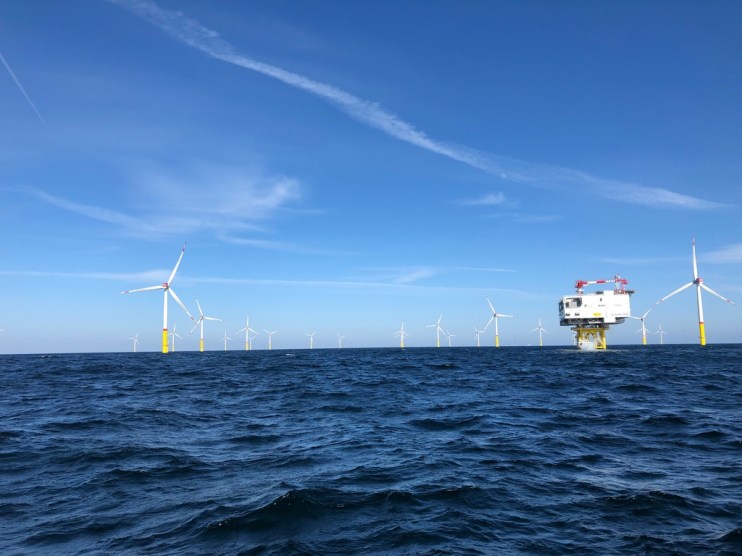Gas prices ease as Norway’s government steps in to stop strikes from offshore workers

Gas prices have dropped across Europe after the Norwegian government stepped in to end strike action from offshore workers which had threatened to severely cut oil and gas output.
Earlier today, UK natural gas prices plummeted 11 per cent while the Dutch benchmark slipped three per cent.
This follows day-ahead British wholesale gas prices jumping nearly 16 per cent yesterday after the strikes were first initiated.
The continent is highly dependent on Norwegian fossil fuels to meet its energy needs, providing the European Union (EU) 20 per cent of its imports and over a third of the UK’s imports.
The country’s labour minister Marte Mjøs Persen summoned energy companies and workers late on Tuesday, and then announced industrial action had been brought to an end.
Persen said: “The Ministry of Petroleum and Energy believes that it would be indefensible to cease gas production in the scope entailed by this strike over the next few days. Production is falling dramatically, and this is highly critical in a situation where the EU and the UK are entirely dependent on their energy partnership with Norway.”
The running dispute over pay has been referred to a compulsory wage board, which will assess the case instead.
The minister explained: ” We normally exercise significant restraint before intervening with compulsory wage arbitration. However, the serious consequences of the announced escalations have forced my hand in intervening.”

Norway’s government has the power to intervene in strikes involving critical infrastructure under certain circumstances, and previously waded into petroleum sector strikes, to protect Norway’s reputation as a reliable gas supplier to Europe.
Around 15 per cent of the country’s offshore oil and gas workers went on strike over pay yesterday, the first day of planned industrial action that had threatened to cut the country’s gas exports by almost 60 per cent and exacerbate supply shortages linked to the Ukraine war.
Members of the Lederne labour union had turned down a pay rise of between 4-5 per cent, while Norway’s other oil and gas labour unions accepted the wage deal and opted against the strike
Inflation in Norway stood at 5.7 per cent year-on-year last month.
If the strikes had continued, it would have cut daily gas exports by 56 per cent while 341,000 of barrels of oil would have been lost, according to the forecasts from Norwegian Oil and Gas (NOG) employers’ lobby.
The UK and Norway are connected via the Langeled pipeline, which would have suffered severe disruption if the strikes had been extended.
Fossil fuel supplies from Norway are in particularly high demand amid shortages from Russia.
The Kremlin-backed gas giant Gazprom has cut off supplies into multiple countries which have refused to pay in roubles, while flows from Nord Stream 1 have been cut 60 per cent over the past month.
With the Nord Stream 1 gas pipeline due to shut for maintenance from July 11 for 10 days, there are growing fears the pipeline could be weaponised this winter in retaliation to Western sanctions on Russia following its invasion of Ukraine.